Victoria deepens engagement with Beijing's controversial Belt and Road initiative
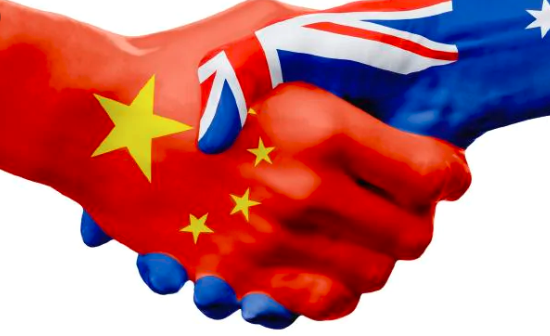
Victorian Premier Daniel Andrews has signed a new deal with the Chinese Government to deepen the state's engagement with the controversial Belt and Road initiative.
The deal has angered some in the Morrison Government who are worried about Chinese influence in Australia, but the Premier, who is a frequent visitor to China, says the deal is designed to boost the Victorian economy and jobs.

It's technically a non-legally binding agreement for Victoria to be involved in the Belt and Road project; the Silk Road for the 21st century that includes new ports, highways and railways across the globe.
It is essentially a commitment by Victoria to work together with Beijing on future projects for the benefit of both parties.
Mr Andrews will co-chair a group that will meet half yearly.
A big part is for Victorian infrastructure experts to get access to the hundreds of billions of dollars of projects slated for the Belt and Road.
But it also encourages Chinese infrastructure firms to establish a presence in Victoria and to bid for major projects.
Two Chinese firms are part of bids for the $16 billion North-East Link.
Some critics have accused Mr Andrews of hypocrisy after he introduced laws ensuring local procurement for all government projects.
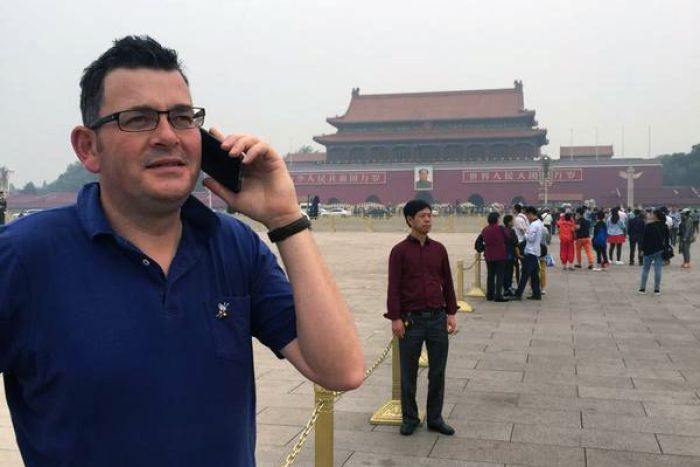
Foreign policy doesn't usually fall under the jurisdiction of state governments, but essentially it will mean a bigger market to sell wine, beef and lamb, as well as an opportunity for Victorian institutions to teach future Chinese doctors.
International education is already the state's biggest export.
Voicing public support for a major Chinese foreign policy initiative is likely to ease the way for Chinese companies to get approval from Beijing to make investments in Victoria, and for Victorian-based companies to sell to China.
For example, the partial granting in April of a licence for Bellamy's infant formula to sell Chinese-labelled product after years of delay came just days before a visit by Mr Andrews to Beijing for a Belt and Road forum.
But was that a coincidence? Whenever Mr Andrews is attacked over his cosy relationship with China, he says the deal is in the interest of the state's economy.
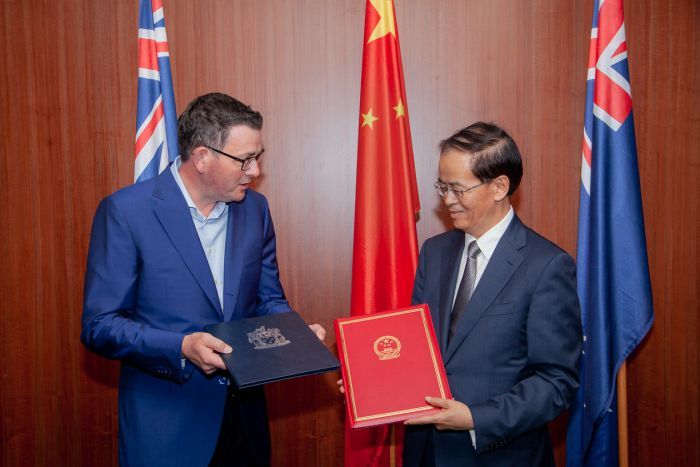
For Beijing, it's all about politics.
China's cashed-up state-owned and private companies don't need much encouragement to look for investment opportunities abroad — political leaders from across the globe come to Beijing on a near-daily basis asking for Chinese funding.
Having already been stung by a few unviable infrastructure projects in Sri Lanka and Pakistan, Chinese companies would likely weigh up the merits of Victorian deals rather than splash cash recklessly.
The real value for China is diplomatic.
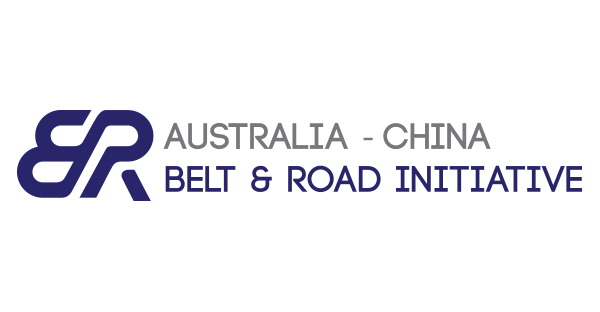
Belt and Road is designed to help maintain economic growth in China through Chinese companies using Chinese materials and sometimes Chinese labour to build infrastructure in other countries, usually developing nations.
But it is also designed to grow China's clout abroad by making countries economically dependent on Beijing, and has been written into the Communist Party's constitution as a sign of its importance.
This political imperative partly explains the Federal Government's refusal to formally sign Australia up.
So China's Government is thrilled it can bypass Canberra by doing deals directly with a state government — and hopes more deals with other states could pressure the Federal Government to change its policy in future.
It would be unthinkable for a Chinese province to break ranks with Beijing on a major foreign policy issue like Victoria is doing, which also helps to explain the frustration of the Morrison Government having its diplomacy undermined.
Home Affairs Minister Peter Dutton has led criticism of the Victorian deal with China, questioning why the Premier believes the decision is in the national interest.
"It's a decision that's been made by Mr Andrews, so he can justify the decision. I haven't heard the rationale or the reasoning behind what seemed to be a pretty rushed decision," Mr Dutton said.
Jane Golley from the ANU's Australian Centre on China in the World said the Premier was making a pragmatic decision based mainly on the economic benefits for Victoria.
She warned simple rhetoric against the deal from Canberra politicians was a bigger concern because it sent a signal to Beijing that Australia was closed for business.
"Security is a concern, some of the fears are valid, but closing the door is not the way forward," she said.
Associate Professor Golley said engagement was the most pressing national issue but how to deal with it needed to rise "beyond partisan squabbling".
"It is not a black and white proposition," she said.
Victorian Opposition Leader Michael O'Brien said he was concerned the agreement was one-sided, in China's favour.
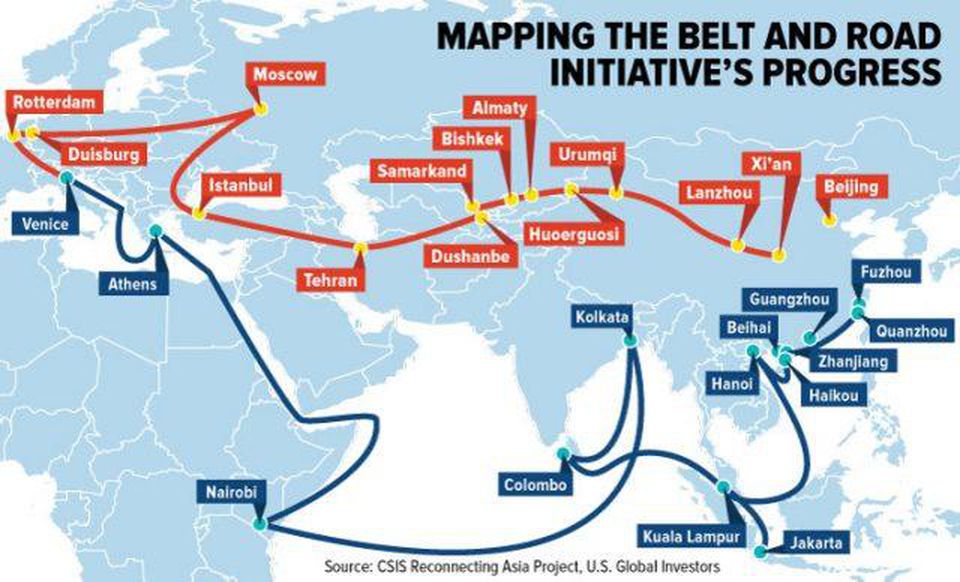
He pointed to the part of the agreement which said the aim was to "increase participation of Chinese infrastructure companies in Victoria" compared to "promoting the cooperation of Victorian firms in China".
Mr O'Brien said he was concerned the agreement would give Chinese companies a head start on Victorian jobs.
"I am all for trade, economic partnerships and attracting investment to Victoria but I am also for a level playing field," he said.
"We don't want Victorian workers to get disadvantaged by any sweetheart deals that this Premier has signed with a different country."
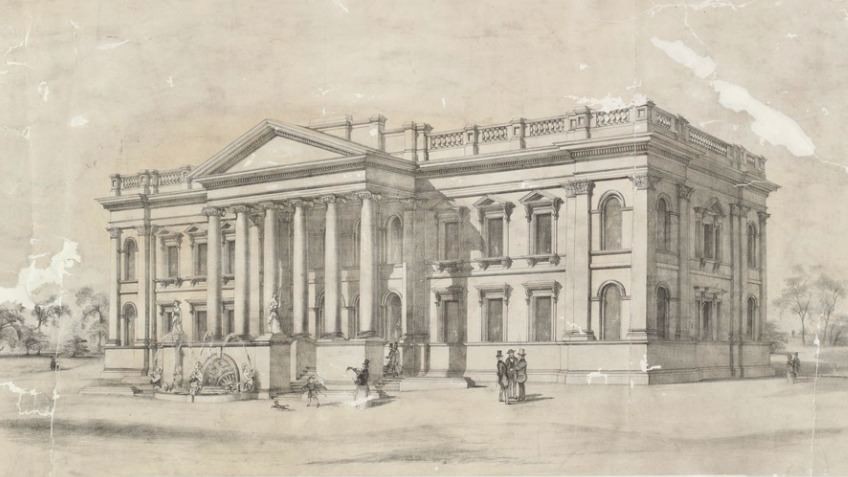
ABC's Four Corner's program exposed how China was creating the world's largest prison, with millions of citizens being held in detention.
But the Premier insists China is an important trading partner and Victorian jobs will benefit.
The Premier has also encouraged other state governments and the Federal Government to follow suit.
"We'd always hope that the Federal Government would have a similar approach to us to work closely with China for the benefit of Victorian workers …" he said.
"I think most Australians would say that was good … we need a strong partnership … and we would hope that every state and territory, and indeed the Commonwealth, would have a strong partnership and friendship with China."
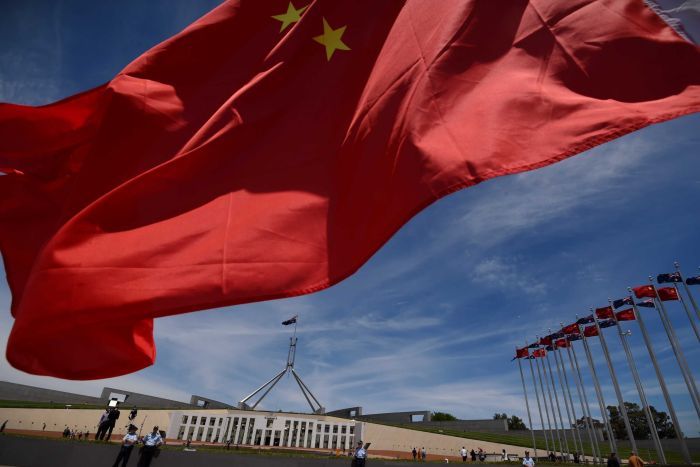
---------------From ABC News.
https://www.abc.net.au/news/2019-10-24/victoria-deepens-links-with-china-controversial-belt-and-road/11636704








